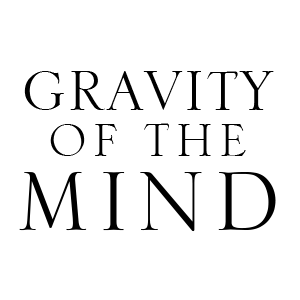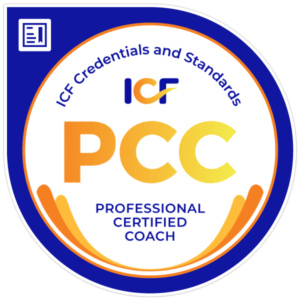HOW FOCUSED ARE YOU? WHERE IS YOUR ATTENTION?
What is the easiest way to address the challenge of juggling the demands of your professional life, personal and familial responsibilities and life in general?
Get more productive. A lot more.
How?
Work smarter. Live smarter.
I am a big fan of the work of James Clear (Atomic Habits), Nir Eyal (Indistractable and Cal Newport (Deep Work, Time-Block Planner). And I love the work of Steven Kotler in building on the seminal research by the recently deceasing academic Mihaly Csikszentmihalyi who introduced flow theory in the 1970s.
But if we are honest with ourselves for a moment, how effective are we in accessing flow, doing one task at a time, not letting distractions steak our attention?
The always engaging Johann Hari, author of Lost Connections, has a compelling new book out on the topic of the “attentional pathogenic culture” we now live in. The link to his Observer article is in the comments based on his new book Stolen Focus: Why You Can’t Pay Attention
He argues strongly that we are living in a serious attention crisis – one with huge implications for how we live. Research shows that our attention is being deeply altered by huge invasive forces in wider society. We are fighting against a continuous tidal wave of attention sapping distractions, reducing focus to no more than one minute at a time. He offers a timely New Year reminder that multitasking is deeply unproductive, that in switching between Tax Return (sorry…) and Twitter “your brain has to reconfigure, when it goes from one task to another […] creating a perfect storm of cognitive degradation.
To quote:
At the moment it’s as though we are all having itching powder poured over us all day, and the people pouring the powder are saying: “You might want to learn to meditate. Then you wouldn’t scratch so much.” Saying the solution was to just adjust your own habits – to pledge to break up with your phone, say – was just “pushing it back on to the individual” he said, when “it’s really the environmental changes that will really make the difference”.
Whilst we all know the problem, we are not that good at coming up with the solutions.
So, at an individual level, what can you do to work and live smarter, to create the conditions to do deep, focused work?
At the level of the organisation, employers need to address the culture of being ‘always on’ outside of work hours, taking a long hard look at all the pop-up notifications and distractions that take employees away from the task they are trying to focus on.
But there are bigger questions for society to address. To address the deeper systemic problem we need to address those all-powerful environmental causes.
Our brains are being changed by the addictive pull of that which is outside of us.
Our mental health is being eroded.
We are losing our autonomy.
We are losing our power to choose.
Our identity is being exported outside of us.
And if our focus creates our reality, your reality has been stolen.
Where is this road leading us? What will be the consequences for the next generation?
As Hari says: “The more our attention degrades, the harder it will be to summon the personal and political energy to take on the forces stealing our focus.”

